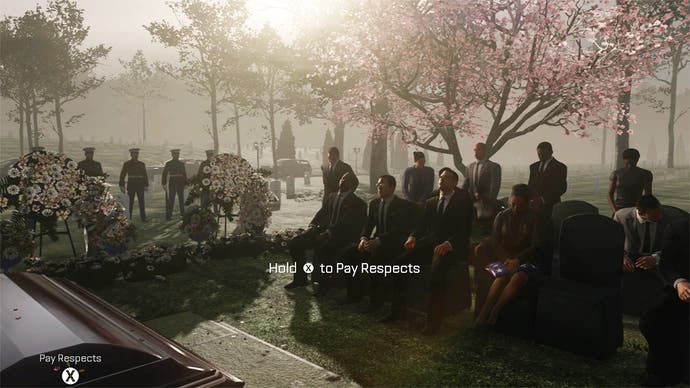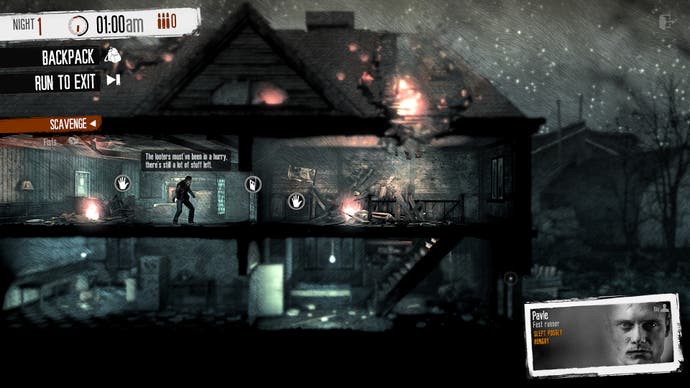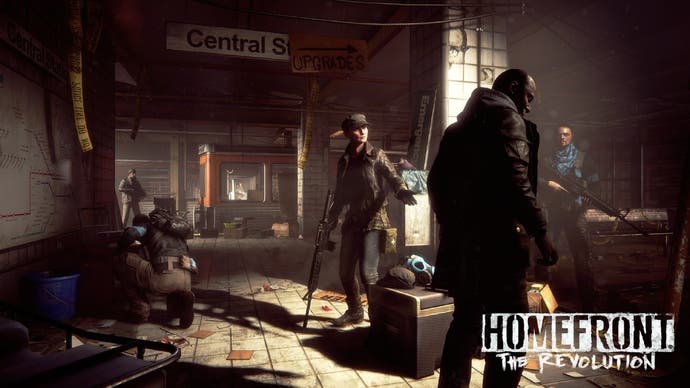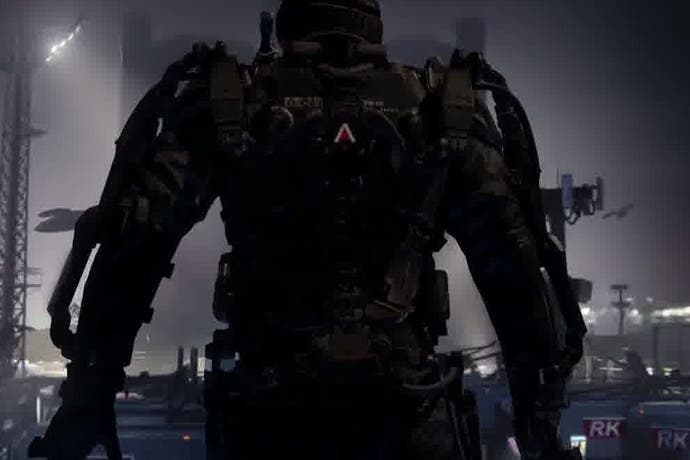Make every bullet count
How playing Call of Duty and This War of Mine at the same time suggests a new direction for conflict in games.
I've been thinking a lot about guns for the past few weeks. More specifically, I've been thinking about bullets, and how many of them we spray into the digital ether at this time of year, when the big beefy action games turn up on schedule for the Christmas market.
Chris Rock had something pertinent to say on the subject. "You don't need no gun control," he said. "You know what you need? We need some bullet control. I think all bullets should cost $5000. Five thousand dollars per bullet. You know why? 'Cos if a bullet cost $5000, there would be no more innocent bystanders."
That certainly rings true in gaming, where overkill is the default setting and so many bullets are spent that the idea of any one of them carrying thematic weight is laughable. This year, however, a fortunate contrast presented itself. Right when I was knee deep in shells from Call of Duty: Advanced Warfare, I was also playing This War of Mine.

The two couldn't be more different. Call of Duty you know already - the annual celebration of the warrior code, soaked in musky testosterone and launched into the world with a throaty Marine-style "Oo-rah!" This War of Mine, on the other hand, is an introspective PC indie game set on the sidelines of an unnamed Eastern European civil war. It's up to you to manage and protect a community of refugees, hiding from the carnage in a bombed-out building.
Both games about war, but each taking radically opposing approaches to the subject. In Call of Duty, you expend thousands of rounds throughout the campaign, forever moving forwards through a narrative built on fist-pumping moments of catharsis, clumsily peppered with clunky moments of fake gravitas. That's what I find most amusing about Call of Duty - and its brothers in arms Battlefield, Medal of Honor, Homefront and more.
These games revel in outlandish destruction, portray enemies as faceless cannon fodder, allies as bulletproof superheroes, and yet still try to pretend that they're somehow respecting the sombre realities of conflict. It's an obsession that reaches its nadir with Advanced Warfare's widely and justifiably mocked "Press X to Pay Respects" interactive funeral. You can't spend ten years turning war into an exhilarating theme park ride and then pull an occasional sad face just to show you're not being disrespectful.
Sad faces are all over the place in This War of Mine, however. This is a game where the full weight of war is unavoidable even if the war itself remains largely off-screen for long periods of time, reduced to the distant boom of artillery and sporadic bursts of muffled fire. Instead, it's about resources, but while there's no shortage of games in which you go out to forage for supplies, then fortify your base camp with your spoils, this is the first game I've played where it feels like those choices have a moral dimension.

The first, and so far only, time I fired a gun in This War of Mine was during one of these nocturnal sorties. We'd run out of food. One of the group was sick and needed medicine. The time for niceties was over. The designated scavenger - a strong but slow fellow called Bruno, chosen for his ability to carry more items - headed to a house occupied by an elderly couple and their son. They had food and pills. We needed them. They wouldn't trade. Their son found Bruno searching through their drawers, and pulled a shotgun. Instinctively, I made Bruno, armed with the community's only working handgun and a single bullet, shoot the man. Then he ran for it.
Back at the crumbling ruin that we called home, the mood was sour. Not only had we stolen medicine from a sick old woman, we'd also shot her son. These weren't hardened bandits or trained survivalists, but ordinary people horrified at what they'd become. Watching them trudge around their hideaway, shoulders slumped, as they tried to move past this point of no return was heartbreaking. The food kept them alive, the medicine kept them healthy, but it rotted their little digital souls. Chris Rock was wrong. Even when bullets are at a premium, there are innocent bystanders. That single shot had real weight.
It's notable that This War of Mine isn't some dour, joyless political tract masquerading as a game. It's a thrilling mix of strategy, management and stealth built on rock solid systems that entertain without being something you could call fun. That's a word that holds gaming back, I think. "Fun" is like cake - everybody loves it, but if it's the only thing in your diet then you're going to get fat. Nobody complains that Schindler's List wasn't fun, or that Tolstoy didn't pack enough cool set-pieces in War and Peace.
The trouble with games right now is that there are dozens of games in the Call of Duty mould, but very few like This War of Mine. Is there a middle ground between the two? Possibly. State of Decay comes fairly close, sharing This War of Mine's theme of sustaining a community through scavenging and diplomacy, but has the essential release valve of also letting you splatter hundreds of zombies with a muscle car. Spec Ops: The Line shows how war can poison the soul, but still views the tragedy from a soldier's perspective.

I'm actually most hopeful for games like Homefront 2 and Tom Clancy's The Division. So many shooters have toyed with the vicarious thrill of showing American citizens under the boot of an invading force, but none have yet dared to actually consider what that means - least of all the original Homefront, which depicted the slaughter of suburbia as an affront to be avenged, not a scar to be healed.
Of course Homefront 2 and The Division will surely feature lots of shooting, but the shift to an openworld template means that the world around the edges of the fighting can also be filled in. Hell, Call of Duty desperately needs a fresh direction and what would be more radical than actually dis-empowering the player, and putting them in a place where the answer isn't as simple as just spraying bullets everywhere?
Let us explore those spaces, populate them with characters that ring true and situations that defy easy answers. Acknowledge that war is more than just an excuse for a turret shoot-out and a cutscene soundtracked by the Last Post, but an experience that forces difficult choices. Genuinely difficult choices that make us question ourselves, not just deciding whether or not to press X and execute the villain at the end. We're grown-ups. We can take it. Make those bullets count.









